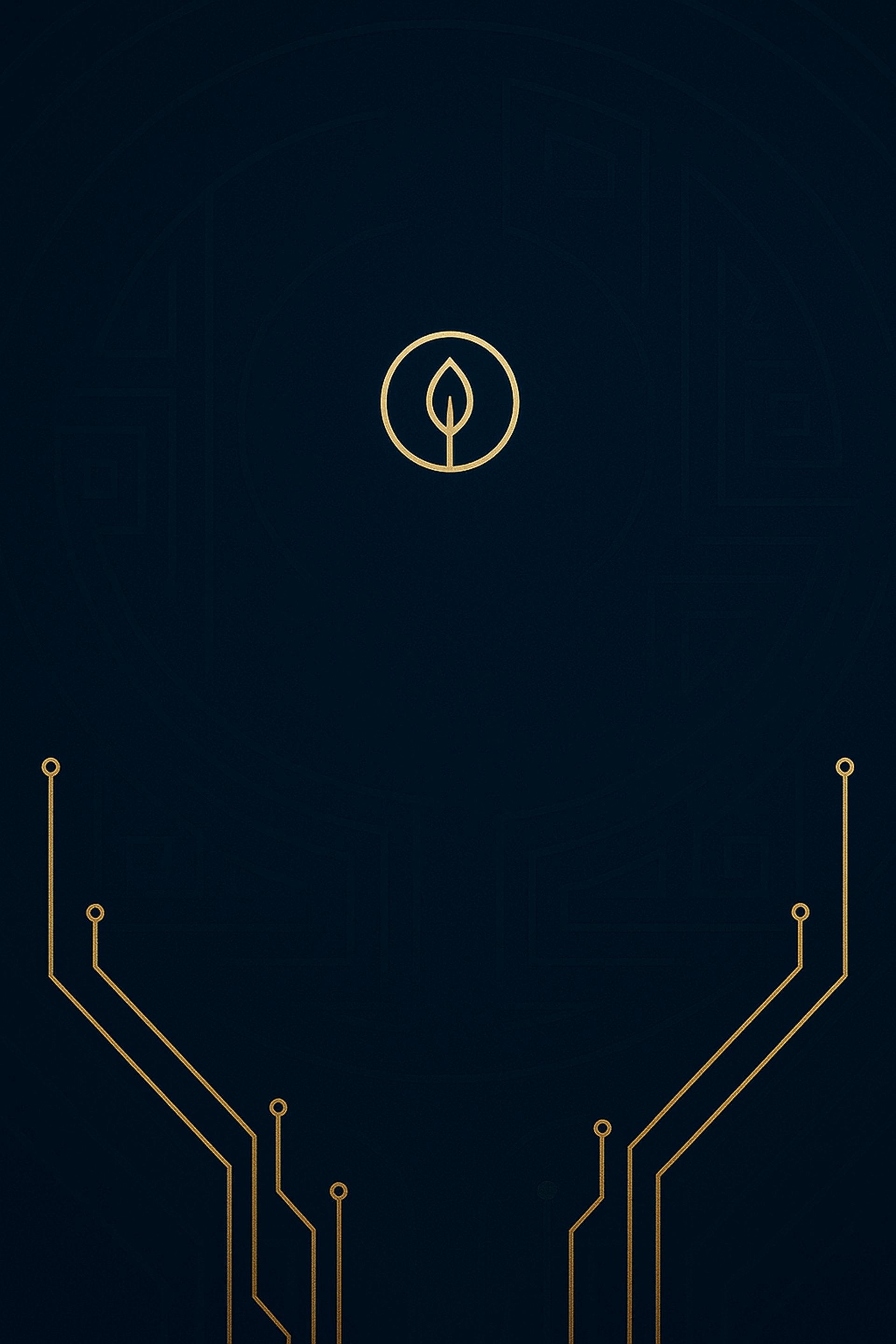Exorcisms


The Exorcism Of Anneliese Michel
By: Rockstarz | 11/09/2025
The Exorcism of Anneliese Michel: A Tragic Encounter Between Faith and Psychology
The story of Anneliese Michel remains one of the most controversial and widely discussed cases of exorcism in the modern world. Taking place in 1970s Germany, her case represents a complex intersection of religion, psychology, and tragedy. It raises profound questions about the nature of belief, the limits of medical science, and the dangers that can arise when spiritual and scientific explanations collide.
Early Life and Struggles
Anneliese Michel was born in 1952 in Klingenberg, Bavaria, to a devout Roman Catholic family. Her childhood was marked by deep religious devotion, but at the age of 16 she began experiencing severe seizures. She was diagnosed with temporal lobe epilepsy and treated medically, yet her condition did not improve. Over time, she developed depression, feelings of isolation, and disturbing visions. According to her own accounts, she began to hear voices condemning her and claimed to see demonic faces.
Signs of Possession
Despite ongoing medical treatment, Anneliese’s condition worsened. She reportedly developed extreme aversions to sacred objects such as crucifixes and holy water. Her behavior grew increasingly erratic—she would fall into trance-like states, growl, or shout blasphemies. She also engaged in self-destructive acts and believed herself to be tormented by multiple demonic entities, including figures she identified as Lucifer, Judas, and others from Christian tradition.
The Exorcisms
Convinced that her suffering could not be explained by medical science alone, Anneliese’s parents turned to the Catholic Church. In 1975, two priests—Father Ernst Alt and Father Arnold Renz—were authorized to conduct the ancient Rite of Exorcism, a practice rarely approved by the Church in modern times.
Over the next 10 months, from 1975 to 1976, the priests performed 67 exorcism sessions, some lasting several hours. During these rituals, Anneliese would speak in deep, unnatural voices, scream, and display immense physical agitation. Recordings from the sessions later circulated, capturing her anguished cries and strange utterances, which many believed to be evidence of possession.
Tragic Death and Trial
The exorcisms took a devastating toll on Anneliese’s health. She stopped eating and drinking properly, became physically emaciated, and developed sores from kneeling in constant prayer. On July 1, 1976, she died at the age of 23, weighing only 30 kilograms (66 pounds). The cause of death was ruled malnutrition and dehydration.
Her death led to a sensational court case in 1978. Her parents and the two priests were charged with negligent homicide for failing to seek proper medical care. The trial received worldwide attention, drawing arguments from both skeptics and believers. The court ultimately found them guilty, though they received suspended prison sentences.
Interpretations and Legacy
The case of Anneliese Michel continues to divide opinion. From a medical perspective, many argue that she suffered from a combination of epilepsy and severe psychiatric disorders such as schizophrenia or psychosis, and that the exorcism rituals reinforced her delusions. From a religious perspective, others maintain that her symptoms could not be explained by science alone and that her case represents a genuine instance of demonic possession.
Her story inspired numerous books, documentaries, and the 2005 film The Exorcism of Emily Rose, which dramatized her ordeal for a global audience. Beyond media portrayals, her case has fueled ongoing debates about the balance between faith and medicine, the dangers of neglecting professional care, and the persistence of ancient spiritual practices in the modern world.
Conclusion
The Exorcism of Anneliese Michel stands as a tragic and haunting example of how belief, fear, and suffering can intertwine. Whether viewed as a medical failure, a spiritual battle, or both, her story forces us to reflect on the delicate line between faith and science. It reminds us of the need for compassion, understanding, and responsible care when confronting the mysteries of human suffering.
Coming Soon
We're on a mission ........................

Discover our full library of The Theos e-magazines and articles — all completely free to read.
We are a crowdfunded publication, dedicated to sharing knowledge, reflection, and theology with readers around the world.
Your support and donations help us continue offering open, accessible content for everyone, everywhere.
Join us in keeping wisdom free.
@ the theos since 2023 © 2023. All rights reserved.